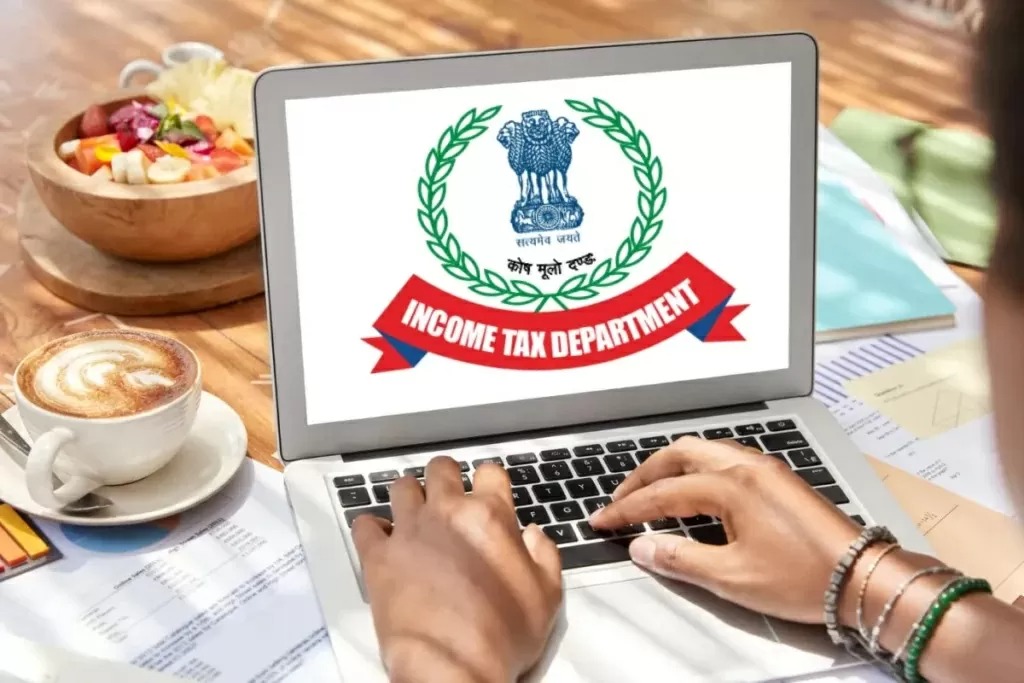[ad_1]

How To File Belated ITR: The last date for filing income tax returns for the financial year 2023-24 i.e. assessment year 2024-25 is July 31, which is fast approaching. If you miss this opportunity, then you will only have the option of filing belated ITR. In such a situation, many people are trying to understand what will happen if they are unable to file ITR even by July 31. Here it is important for you to know that you will also have to pay a penalty for filing belated ITR. Let us know what is belated ITR and who can fill it and when.
First know what is belated ITR
Whenever it comes to Belated ITR, many people wonder what it is (What is Belated ITR)? When a taxpayer is unable to pay his tax for a year even by the last date, then the only option left for him is to file Belated ITR. That is, when someone files ITR after the last date, it is called Belated ITR.
Disadvantages of filing belated ITR
If you file belated ITR, then its biggest disadvantage (Disadvantages of Belated ITR) will be that you will have to pay late fees. If your taxable income is less than Rs 5 lakh, then you will have to pay a penalty of Rs 1000 while filing ITR. Keep in mind that even if your tax liability is zero, you will have to pay a penalty. On the other hand, if your taxable income is more than Rs 5 lakh, then you will have to pay a fine of Rs 5000.
When and who can fill it?
As is clear from its name, it can be filled by those people (Who can file Belated ITR) who are unable to file ITR even by the last date. On the other hand, if we talk about when it is filled (When a person can file Belated ITR), then it is also clear that it can be filled only after the last date is over.
How to file belated ITR?
Belated ITR is filed in the same way as normal ITR. However, normal ITR is filed under section 139(1) of the Income Tax Act, while belated ITR is filed under section 139(4). The rest of the process remains the same as filing normal ITR. Let's know how to file ITR.
step 1- First of all go to the e-filing portal of Income Tax, you have to go to this link https://www.incometax.gov.in/iec/foportal/. Step 2- Log in here by entering PAN, password and captcha code in the user ID.
Step 3- You will see e-File menu at the top, then go to Income Tax Return and select File Income Tax Return.
Step 4- On the next page you have to select the relevant assessment year. Select the online option in the mode of filing below. Then click on Continue.
Step 5- Here you will click on Start New Filing. If you have tried filing earlier and saved the draft then you can choose the option given above.
Step 6- Here you have to click on Individual in Status Applicable, because you have to file ITR-1.
Step 7- On the next page you have to select the ITR form, where you will choose ITR 1. Here you can see which type of taxpayer has to fill which ITR form. Proceed with ITR Form 1.
Step 8- You can see here what documents you will need. Click on Let's Get Started to proceed.
Step 9- In the next page you will be told why you are filing income tax.
Step 10: Now you have to verify the details of your previously filed return. Check your details in the personal details section. If there is any change in the filing section, you can edit it.
Step 11- Similarly, you also have to verify the details of your total income, tax deductions, tax paid and tax liability. Once you have verified all the details, you can proceed. If there is any tax amount still to be paid, you can do it now or later with the e-Pay Tax service.
Step 12- Now you can see the preview of your ITR. From here click on Proceed to Validation.
Step 13- Now you have to verify your ITR. Three options will appear, choose the option which is easy and convenient for you. After e-verification your ITR will be submitted. You can download your ITR receipt from here.
 look news india
look news india

